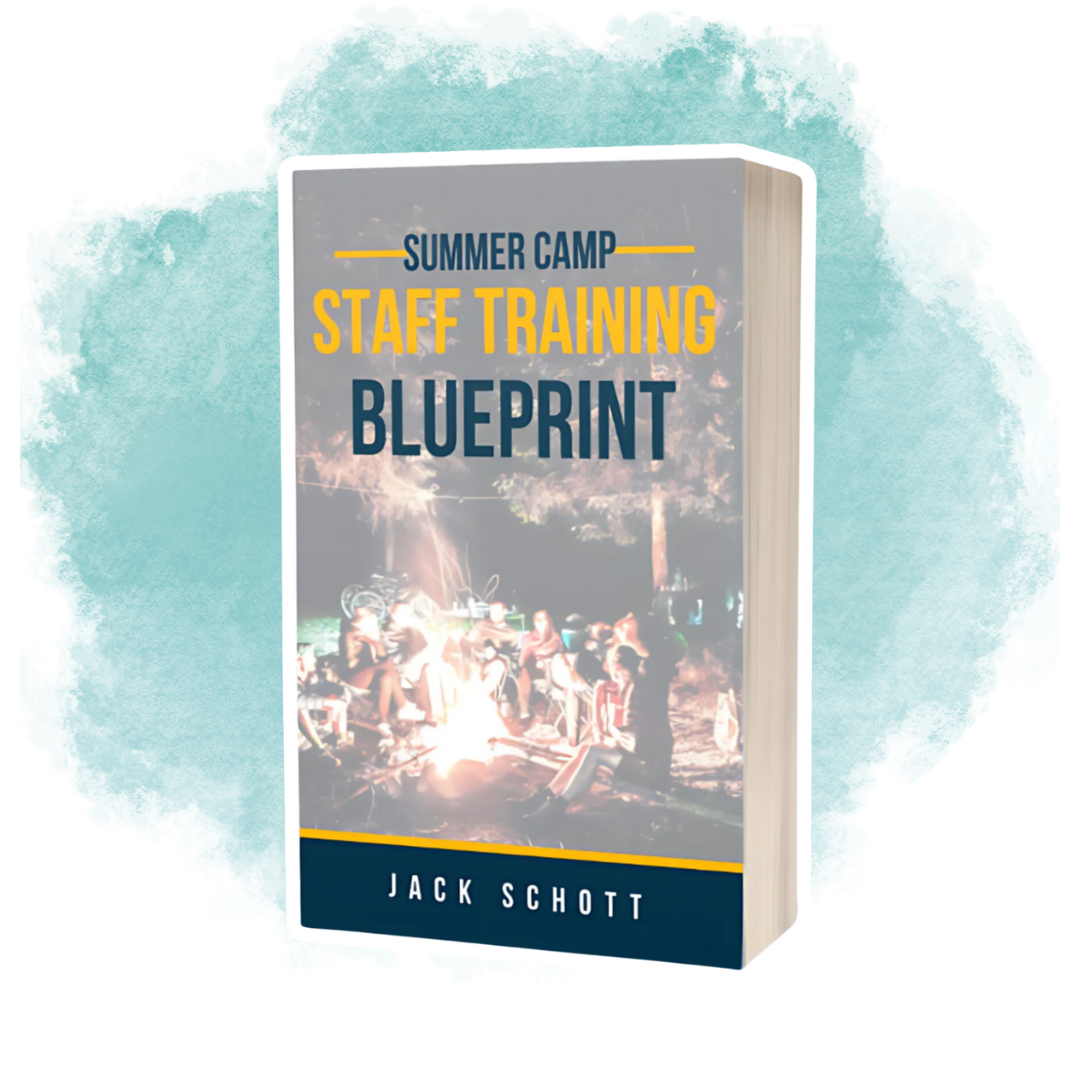Squeaky Wheel Diversity from Sylvia van Meerten
I run an overnight camp for kids with autism and about 5 years ago, we had our first autistic transgender camper. We got a call from this camper’s mom who said, my kid was in a female cabin last year, but now she says she is a boy and wants to be called a boy name and live in a boy cabin. We said “OK” and had a few subsequent conversations about bathrooms and bathing suits and that was that. We were happy about how this situation turned out. We are glad to see so many camps accept transgender campers and make changes that are specifically intended to make transgender campers feel more welcome. But. If we have to learn to welcome diverse camper populations ONE POPULATION at a time, it’s going to take us forever and that’s not fast enough for me.
I’m not at all blameless here. Part of my job is go around speaking about autism to other summer camp staff, so I’m definitely guilty of spending my air-time focusing on just one population that has been left out of the summer camp party. I regret that, and I’m now working from a new theory. What if the basic principles of diversity and inclusion are the same, no matter what kinds of people you are trying to include? If this is true, and I think it is, we could all make way more kids (and staff!) feel welcome at our camps in 2019.
The basic level one diversity principles according to Syl:
Staffing. Your camp is going to need enough counselors to have some long-ish interactions at least on the first day of camp when everyone new is like “Wait, WHAT did I get myself into??” If we can’t hook up new people with a patient staff member, we might be doing this wrong.
Facilitated conversations about diversity during staff orientation and the first day campers are on site. We can’t get better at this by not talking about it.
Illuminate and explain your Hidden Curriculum. All camps have expectations for kids and staff that we do not explicitly teach. Instead, we start to distance ourselves from people who are getting it wrong (think: that person who ‘overshares’, the camper who can’t ‘stay with the group’ even though you can’t define exactly what that means).
Multi-Level programming. Kids should be able to access the game or activity in different ways. If all your programming requires the kids to all do the same thing at the same time, then some kids are going to fail at your version of ‘having fun’ at your camp, which is not what you want at all.
Designated Inclusion Specialist: Ideally, it would be amazing if all your staff were up to snuff on some autism inclusion, and some transgender inclusion, and some inclusions for campers with mental health concerns and some best practices for racial diversity, but if you can’t train them all, why not at least train one? You can send them to our workshop and we will return them to you with more skills!
Do you care about this?
Feel like your camp could do more?
Check out Syl’s Inclusion Specialist Training for camps
Sylvia van Meerten
Inclusion Trainer, Camp Director, YPO Facilitator
sylvia@chasingsummer.org

Ready to Elevate Your Summer Camp Staff Training?
Empower your camp staff with the tools they need for success.
Visit our dedicated training site for expert resources, training modules, and more.



